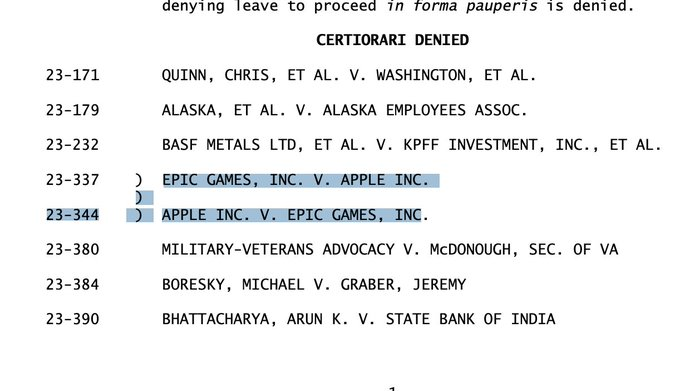Isn’t that a devastating loss for Apple? Every developer just makes their app free with unlocks hosted on their website.
Apple has made changes to its App Store practices, now allowing developers to include a link to an external payment portal in their iOS and iPadOS apps in the US, following a legal case with Epic Games.
Despite this change, Apple will still charge a commission of 12-27% on payments made through these external links, and in-app purchases (IAPs) must remain an option in the app.
The new policy imposes various restrictions on developers, such as not discouraging the use of Apple’s IAP system and including a system disclosure sheet for external payments, making the overall impact on pricing and user experience minimal.
Only if Apple doesn’t find a way to make their payment functionality worth using. They have options. They can keep the rate competitive, make the payment functionality easier and more efficient, add a new “revenue-producing app” tier that charges a lot more if you produce revenue from means outside of their app.
They’re definitely not powerless, but definitely will want to make adjustments to their process.
Does anyone know why they won’t hear this case?
I don’t think we can know for sure, but the typical reason SCOTUS refuses to hear an appeal is that they do not feel the case represents a significant question of law. As SCOTUS generally sees it, they’re not about “swooping in to right injustice”. They’re about being the final arbiter of actual questions of law. If there are no actual questions of law worth addressing, there’s no reason to take the case whether the verdict was just or unjust. There is more than one defensible outcome to a lot of trials, and SCOTUS is often not trying to “find the one right outcome”.
I think the exception to that would be if appeals courts go rogue and rule in direct contradiction to established law. Well that, and if SCOTUS wants to go rogue and themselves rule in direct contradiction to established law (like Dobbs)




